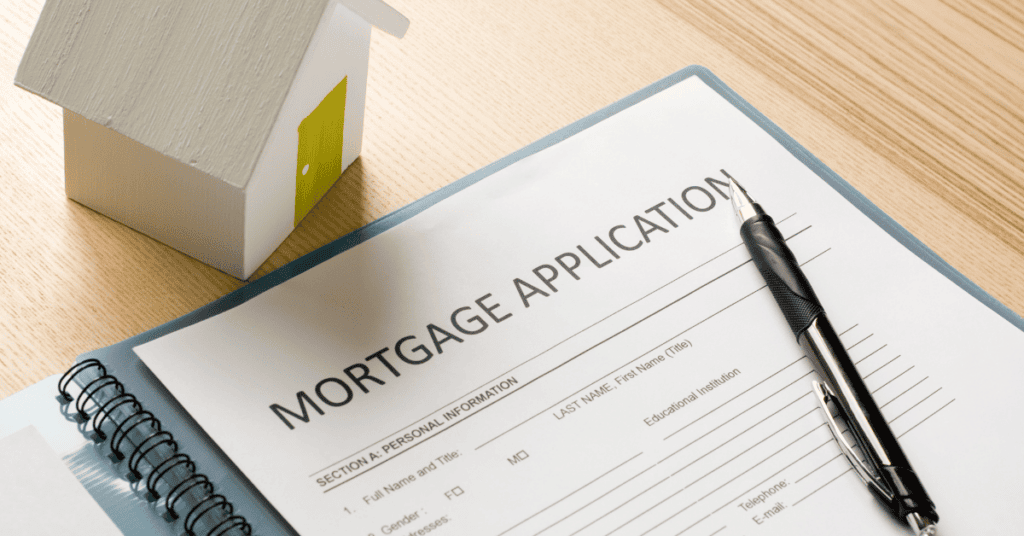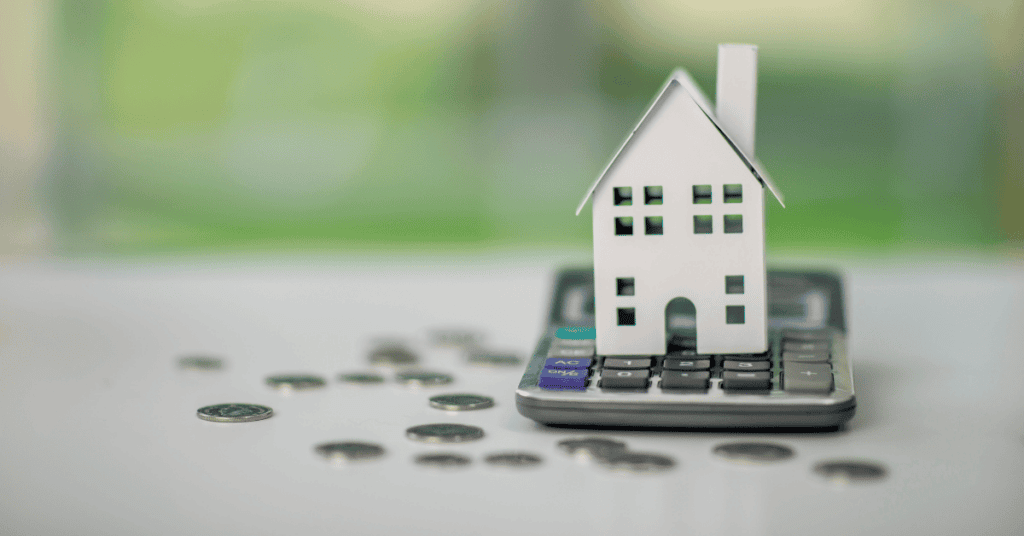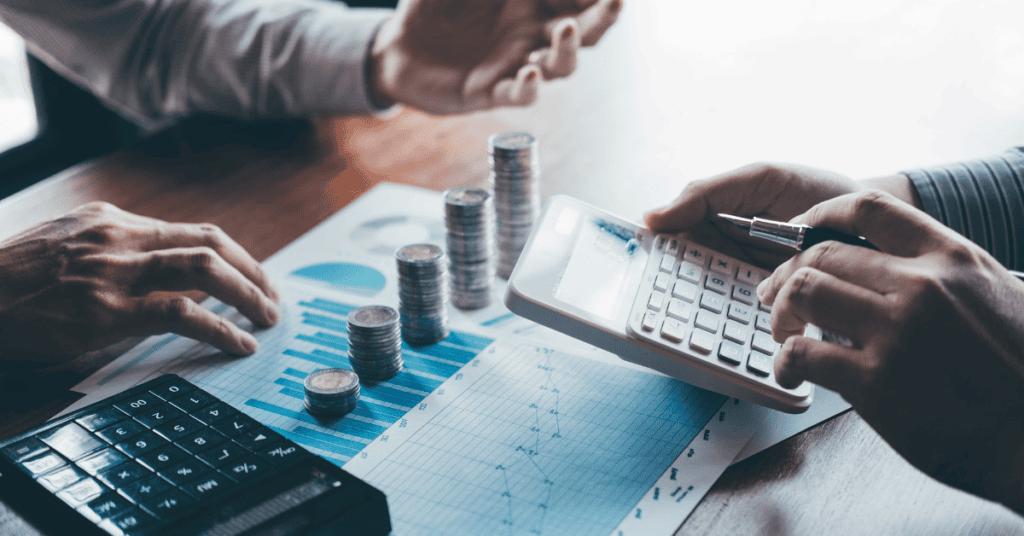Get Expert Financing
- Matched with investor-friendly lenders
- Fast pre-approvals-no W2s required
- Financing options fro rentals, BRRRR, STRs
- Scale your portfolio with confidence
When you have extra money coming in, it’s not hard to think of what you can do with it. Should you invest it? Save for your child’s college education? Splurge on a new car?
One of the more common and practical options is paying off your mortgage early. The mortgage is usually people’s biggest source of debt and their biggest monthly expenditure. Paying it off early can lead to increased cash flow and even more budget flexibility.
But not everyone thinks it’s the best way to go. Before you start adding extra money to your mortgage, see what the experts have to say about when it is and when it’s not a good time to pay off your mortgage early.
Financial advisor Sophia Bera of Gen Y Planning said she always recommends paying off a mortgage early and has never had a client regret doing so.
“People really like having the excess cash flow from not having a mortgage anymore and it makes it much easier to retire early, use monthly cash flow to pay for college for your kids, or preserve your retirement portfolio,” she said.
Plus, many people feel better once they’re completely debt free, even though a mortgage is often considered “good debt.”
One of the biggest reasons people pay off their mortgage early is because they want to avoid paying interest. For example, if you have a $200,000 mortgage with a 30-year term that you pay off three years early, you could save $20,000 in interest.
A paid-off mortgage can also increase your credit score, a boon if you want to take out a business loan, a mortgage for a rental property or simply qualify for a high-reward credit card.
One of the reasons homeowners should only make the minimum payments on their mortgage is if they aren’t investing enough for retirement.
Retired service member Doug Nordman of The Military Guide said he and his wife choose to keep their mortgage because they can earn more money investing than they can paying off their mortgage early.
Nordman said his current mortgage interest rate is 3.625% while his index fund has returned 8.24% while he’s had it.
“We’ll make our last mortgage payment when I’m nearly 80 years old,” he said.
Jon Dulin of Money Smart Guides said it’s better to have money in a liquid emergency fund than tied up in your home. For example, if you lose your job, you can withdraw money from a savings account to pay for bills and other expenses. But if you’ve been putting all your extra money toward your loans, then that the money is gone.
Also, mortgages typically have the lowest interest rates around. Financial planner Steven Fox of Next Gen Financial Planning said anyone who pays off their mortgage early and then takes on other debt will pay a much higher interest rate.
“Only pay off your mortgage early if you are highly confident that you have adequate reserves to meet other needs,” he said.
If you aren’t sure if you want to add all extra income to your mortgage, do what Dulin does. He rounds up to the nearest hundred when he’s making his mortgage payment ($1,000 instead of $937).
Bera also recommends refinancing to a 15-year mortgage if you have a 30-year term. That will increase your monthly payment, but decrease the total amount of interest paid. Whichever route you choose to go, make sure to prioritize your retirement above everything. That should be your top priority, even above paying off your mortgage early.
Our advice is based on experience in the mortgage industry and we are dedicated to helping you achieve your goal of owning a home. We may receive compensation from partner banks when you view mortgage rates listed on our website.


